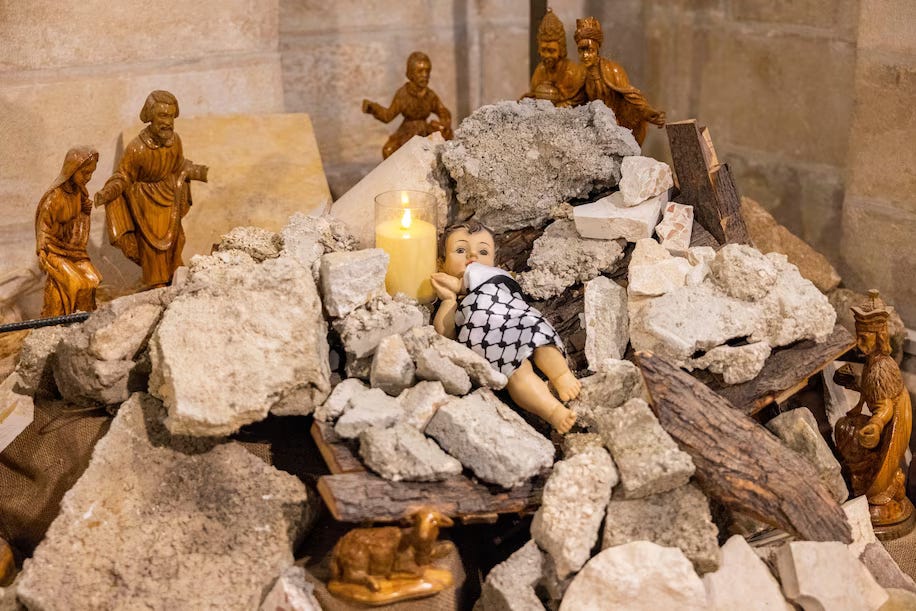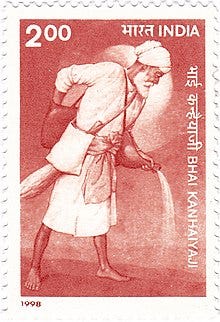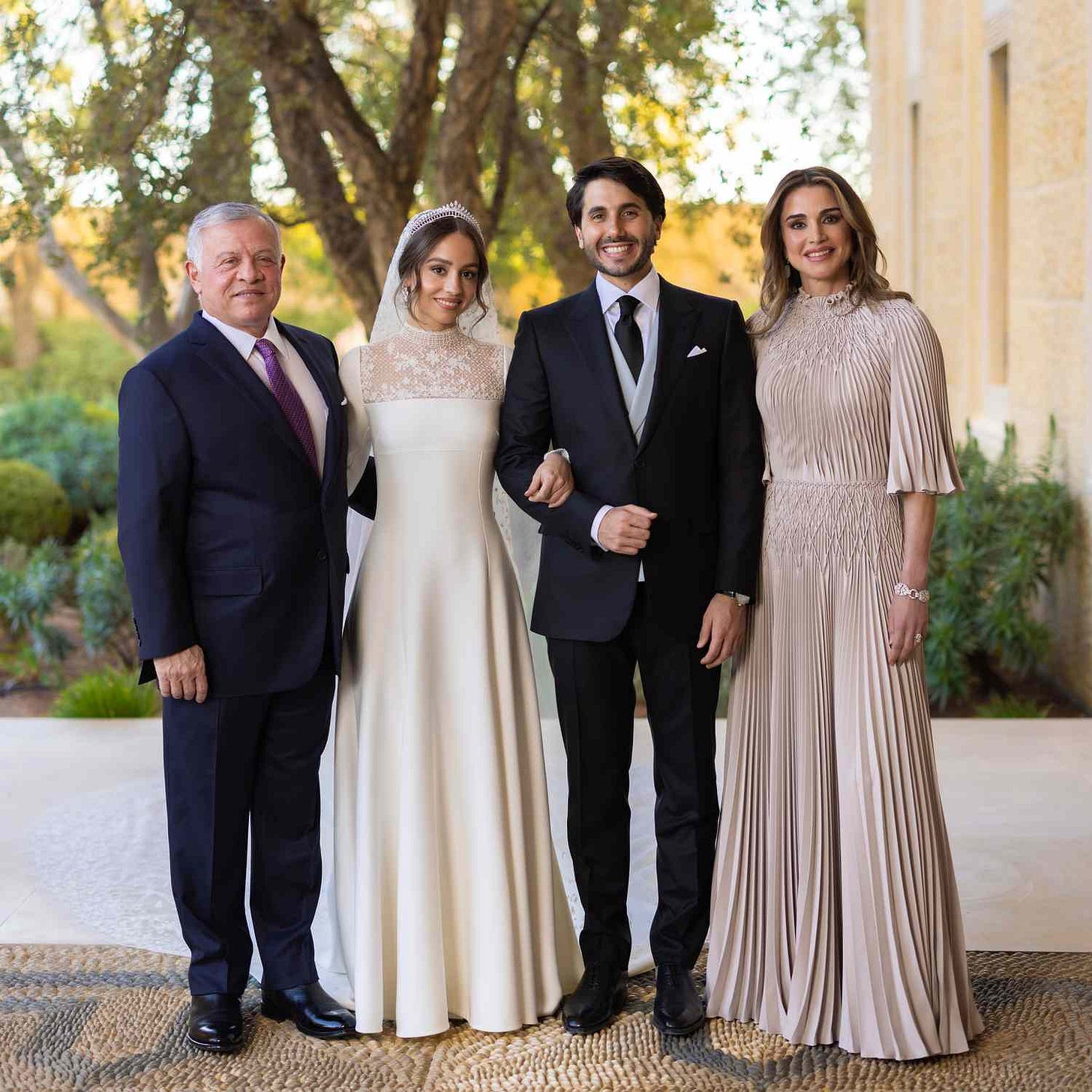Dark Christmas in Palestine and Jordon Pains Queen Rania Al Abdullah of Jordon
Enduring Solution to Ensure Peace between Israel-Palestine-Gaza can wait— ceasefire should be immediate

An Eloquent Plea for Peace: Queen Rania's Advocacy Amidst Conflict
In the wake of my article published on December 1, 2023, captioned 'Christians in Palestine Resolve to Observe "Black Christmas" in Bethlehem This Year,' a new perspective emerges from Queen Rania Al Abdullah of the Hashemite Kingdom of Jordan. Writing for The Washington Post, her article "Christmas is canceled in the land of Jesus' birth" provides a heartfelt account from the region where Christianity has its roots.
Born Rania Al-Yassin on 31 August 1970 in Kuwait to Palestinian parents, Queen Rania's life story is one of deep connection to the cultural and political nuances of the region. She married King Abdullah II on 10 June 1993, and together they have four children, including Crown Prince Hussein, born on 28 June 1994, who is married to Rajwa Al-Saif. Educated at the American University in Cairo with a degree in business administration, Queen Rania is not only a mother and a queen but also a vocal advocate for peace and humanitarian issues.

The Heart of a Mother, the Voice of a Queen
In her poignant narrative, Queen Rania depicts Bethlehem's Christmas, traditionally a beacon of joy and celebration, now overshadowed by the ongoing conflict between Israel and Hamas. Reflecting on Jordan, where nearly 97.1% of the population practices Sunni Islam, she notes the Christian community, constituting about 2.1% and comprising primarily Greek Orthodox among other denominations, has adopted a more somber tone in their Christmas observances in a show of solidarity. As a prominent figure from the Hashemite family, direct descendants of Prophet Mohammad (PBUH), Queen Rania's words carry a profound interfaith message, advocating for unity and compassion amidst these religious divides.
As she recounts the adjusted nativity scenes in Bethlehem and the stark images of destruction and despair in Gaza, Queen Rania's words paint a vivid picture of the conflict's toll on innocent lives. Her narrative brings to the forefront the personal stories of grief and survival that often get lost in political rhetoric. She calls for the world to see the faces of Gazan children as their own, to feel the universal pain of a parent's loss, and to recognize the shared human dignity in each person affected by the conflict.

Queen Rania's call transcends the immediate desire for a cease-fire, advocating instead for a profound transformation in our approach to conflict. She implores the global community to adopt a journey of rehumanization, recognizing and valuing the humanity in every individual, friend or foe alike. Her plea is for a world where empathy informs action, and the instinct to nurture and protect is extended to all, particularly those most affected by conflict.
This ethos of universal kinship and compassion is deeply resonant with the Sikh teachings exemplified by Bhai Ghanaiya, a disciple of Guru Tegh Bahadur and Guru Gobind Singh. Known for his humanitarian efforts, Bhai Ghanaiya provided water and aid to wounded soldiers on the battlefield, irrespective of their allegiance. His legacy is a testament to the Sikh principle of "Sarbat da Bhalla," wishing well for all humanity, and underscores the importance of serving and protecting all life, especially in times of dire conflict.
A Royal Legacy of Peace and Reconciliation
As a mother, Queen Rania's appeal is deeply personal, yet it carries the weight of her public role and her commitment to advocating for children and families affected by conflict worldwide. Her message is not one of despair but of hope, urging collective action to protect the innocent and pave the way for lasting peace. By sharing her perspective and leveraging her influence, Queen Rania continues the Hashemite legacy of leadership and commitment to peace in the Middle East.
Her article is a reminder of the urgent need to address the humanitarian crisis in Gaza and the broader Israeli-Palestinian conflict with compassion, dignity, and a steadfast commitment to peace. As the world reflects on the somber observance of 'Black Christmas' in Bethlehem and the broader implications of the conflict, Queen Rania's words stand as a powerful call to action, a beacon of hope, and a testament to the enduring spirit of Christmas. Her advocacy underscores the importance of solidarity, empathy, and the relentless pursuit of a just and peaceful resolution for all communities involved.
Enduring Solution to Ensure Peace can wait— ceasefire should be immediate
In echoing Queen Rania's poignant question — if the prevention of the death of hundreds or thousands of children lies within our means, would we not strive to do so? — we affirm our solidarity with her demand for an immediate cease-fire. This collective call for action aligns not only with the mandates of international law and human rights but is fundamentally rooted in humanitarian considerations and the spirit of Christmas. It is a call to uphold the sanctity of life, to embrace the compassion and goodwill that the season symbolizes, and to work diligently and unitedly towards a world where peace prevails over conflict. As we stand together in this pursuit, let our actions reflect our commitment to protect and nurture every child, every life, in the face of adversity.





It is informative and oj inspirational one. I. Liked it very much intellectual contribution on world peace and amity 👍👍